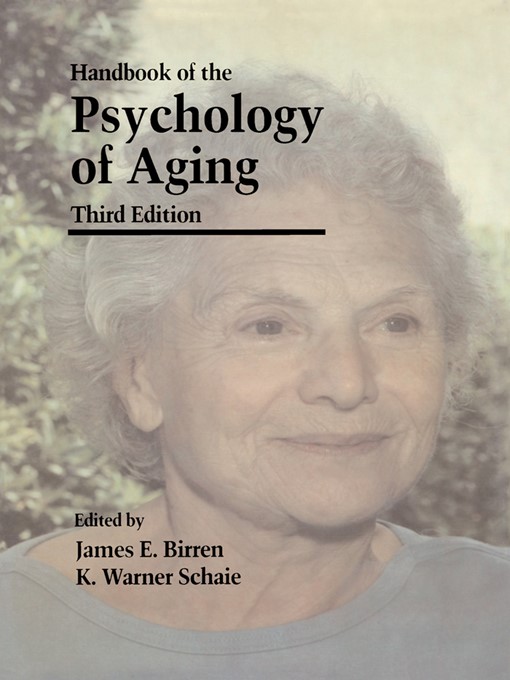Handbook of the Psychology of Aging, Third Edition describes the psychology of adult development and aging. This book is organized into four parts encompassing 28 chapters that cover the basic behavioral changes and capacities occurring with advancing age.
The first part deals with the history, concept, and models of the psychology of aging. This part also examines the distinctions between physical, biological, psychological, and social time or age. The second part explores the influences of racial, ethnic, and cultural factors on biological/health, social, and psychological aging processes. This part also surveys gender differences in aging. The third part describes numerous behavioral processes, changes, and patterns in advancing age. This part specifically considers the motivation, cognitive and motor performance, attentional processes, learning, memory, personality, and wisdom in aging. The fourth part focuses on the applications of the concepts and principles of aging to the individual and society. This book will be of great value to psychologists, researchers, and graduate students.

